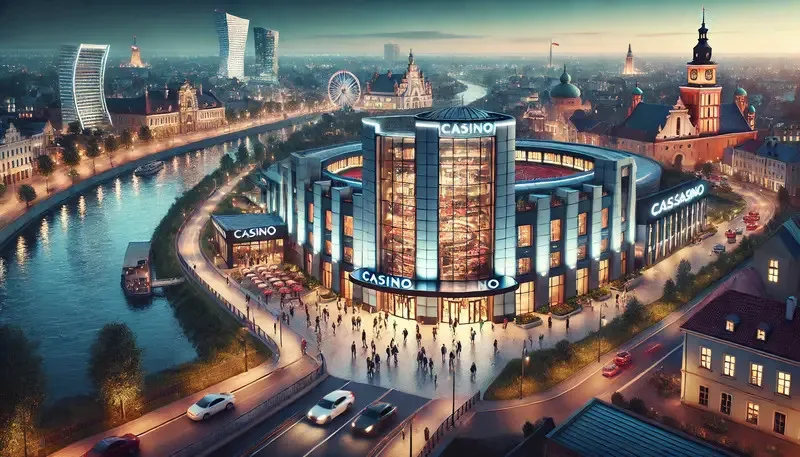
History of Casinos in Poland: From the First Gambling Houses to Modern Casinos
The history of gambling in Poland is a captivating journey, tracing its roots from small, clandestine gambling houses to the glitzy, modern casinos we see today. This transformation reflects not only the changing attitudes toward gambling but also significant political and economic shifts in the country.
The First Gambling Houses in Poland
Gambling in Poland dates back several centuries. The first gambling activities were informal and took place in private homes and taverns. These early gambling houses were popular among the Polish nobility and wealthy merchants, who engaged in card games, dice, and other forms of gambling. These establishments operated in a legal gray area, as gambling was neither explicitly banned nor regulated, allowing them to flourish discreetly.
Development of Casinos in Poland at the Beginning of the 20th Century
The dawn of the 20th century marked the establishment of more structured and formal gambling venues in Poland. As the country regained independence in 1918, there was a brief period of economic and cultural revival, which included the opening of legal gambling houses. Cities like Warsaw and Kraków saw the emergence of elegant casinos, drawing inspiration from the famed gambling hubs of Monte Carlo and Baden-Baden. These casinos became hotspots for social and cultural interaction, attracting both locals and tourists.
Casinos in Poland in the Socialist Era
The socialist era brought significant changes to the landscape of gambling in Poland. Under communist rule, the state imposed strict regulations on gambling activities, viewing them as bourgeois and capitalist excesses. Most of the private casinos were shut down, and the government took control of the remaining gambling establishments. However, despite the official stance, underground gambling persisted, with secret games often taking place in private clubs and homes.
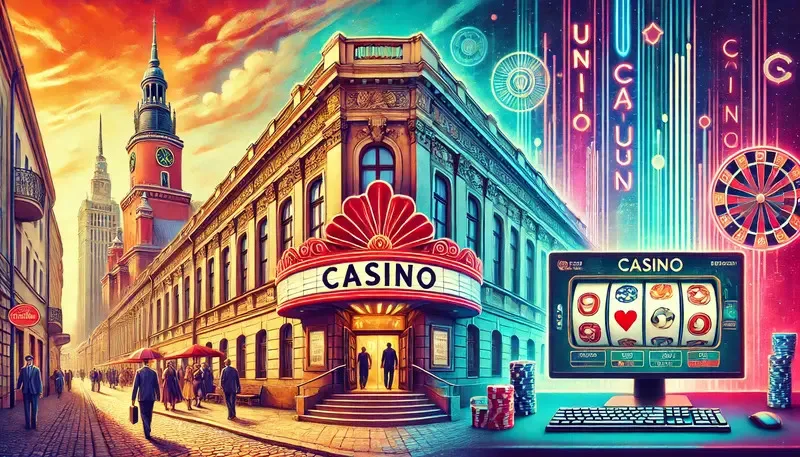
Post-Socialist Period: Casino Revival
The fall of socialism in 1989 ushered in a new era for Poland, characterized by economic liberalization and increased personal freedoms. This period saw the revival of the casino industry, with the government legalizing gambling in the early 1990s. New regulations allowed for the establishment of legal casinos, and Poland quickly became a popular destination for both local and international gamblers. Casinos began to open in major cities, often located in luxurious hotels and resorts, providing entertainment for a growing middle class and tourists.
Modern Casinos in Poland
Today, Poland boasts a thriving casino industry, with numerous casinos spread across the country. These modern establishments offer a wide range of gambling options, including slot machines, poker, roulette, and blackjack, catering to diverse tastes and preferences. The rise of digital technology has also led to the emergence of online casinos, with platforms like online casino Uniclub offering convenient, virtual gambling experiences to a broad audience. These online platforms have become increasingly popular, especially among younger generations, who appreciate the convenience and accessibility they offer.
Contribution of Casinos to the Economy and Society
Casinos in Poland contribute significantly to the economy, generating substantial revenue through taxes and creating employment opportunities. The tourism industry also benefits from the presence of casinos, as they attract visitors from neighboring countries and beyond. Moreover, the casino industry plays a role in supporting various social initiatives, including responsible gambling programs and community projects.
The evolution of casinos in Poland mirrors the country’s journey through historical, political, and economic changes. From the humble beginnings of informal gambling houses to the sophisticated and regulated industry of today, casinos have become an integral part of Poland’s social and economic fabric. As the industry continues to grow, it remains to be seen how it will adapt to new challenges and opportunities in the digital age.
Popular articles
-
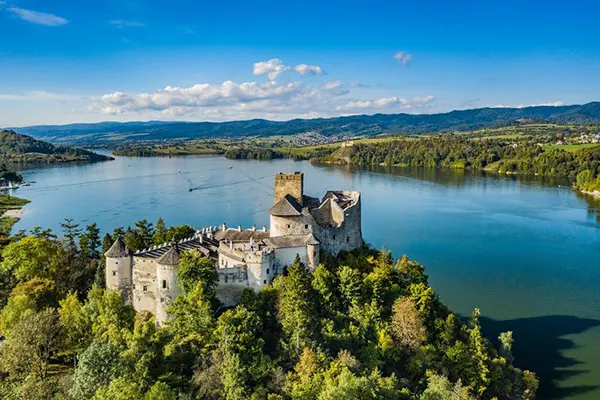 Niedzica Castle (Zamek w Niedzicy): The Inca Treasure Legend and the D...
Niedzica Castle (Zamek w Niedzicy): The Inca Treasure Legend and the D...Perched above Lake Czorsztyn in southern Poland, Niedzica Castle (also …
-
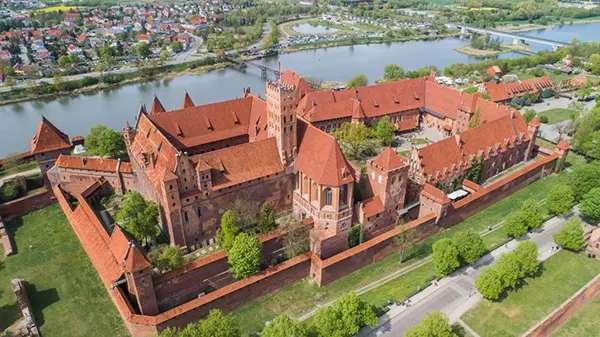 Malbork Castle – The Largest Brick Fortress in the World
Malbork Castle – The Largest Brick Fortress in the WorldMalbork Castle stands as one of the most significant medieval …
-
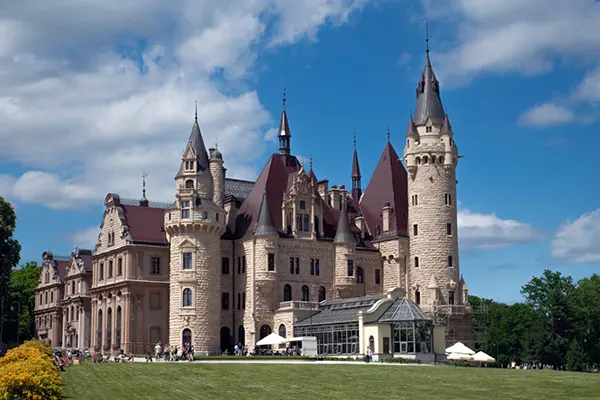 Moszna Castle: A Fairytale Landmark of Lower Silesia
Moszna Castle: A Fairytale Landmark of Lower SilesiaMoszna Castle stands as one of the most recognisable historical …
